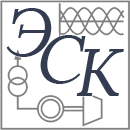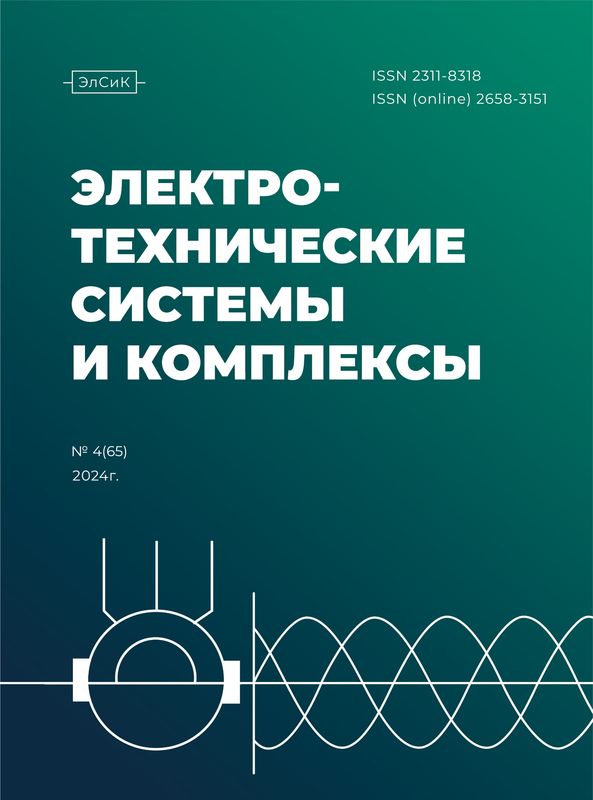Abstract
The article reveals the essence and role of mass open online courses in modern educational environment. As a product of the information society mass open online courses have developed into open educational resources in an effort to ensure the openness of knowledge and the possibility of interaction of people from different countries. At present, there are three main types of mass open online courses, which differ in approaches implemented, training tactics, content filling, interaction of students. To understand these features, the article provides examples of domestic and foreign practice. The authors describe domestic platforms of mass online open courses and prospects of using them in formal education.
Keywords
Mass open on-line courses, e-learning.
1. Andreev A.A. Otkrytye obrazovatelnye resursy i MOOC [Open Educational Resources and MOOC],/ All-Russian scientific and practical conference Electronic Education in Lifelong Learning 2014 (with elements of scientific school for the youth), vol. 1, UlGTU Ulyanovsk, 2014, pp. 188–194.
2. Andreev A.A. Rossiyskie otkrytye obrazovatelnye resursy i massovye otkrytye onlain kursy [Russian Open Educational Resources and Mass Open On-line Courses], Higher education in Russia, 2014, no. 6.
3. Andreev A.A. Evolyutsiya i soderzhanie distantsionnykh obrazovatelnykh tekhnologiy [Evolution and Content of Distant Educational Technologies], Proceedings of XIV international scientific conference Quality of On-line education: concepts, problems, vol. 1, 2012, pp. 16–18.
4. Belousova I.D. Diagnostika vnedreniya informatsionnykh tekhnologiy v protsess obucheniya studentov vuza [Monitoring of Information Technologies Introduction into Process of University Students Education], Collection of scientific papers Sworld, 2008, vol.18, no.1, pp. 25-28.
5. Belousova I.D. Razrabotka uchebnogo kursa na osnove Moodle [Development of Moodle based Course] /I.D. Belousova, Yu. B. Soldatenkova, Modern scientific research and innovations. 2014, no.6-3(38), p. 8.
6. Bugaychuk K.L. Massovye otkrytye distantsionnye kursy: istoriya, tipologiya, perspektivy [Mass Open On-line Courses: History, Typology, Prospects], Higher education in Russia, 2013, no.3.
7. Gluschenko T.B. Povyshenie professionalnoy kvalifikatsii prepodavateley kak pedagogicheskoe uslovie podgotovki buduschego uchitelya k ispolzovaniyu novykh informatsionnykh tekhnologiy v formirovanii imidzha obrazovatelnogo uchrezhdeniya [Advanced Vocational Training of Lecturers as Pedagogical Condition of Future Teacher Training in Application of New Information Technologies in the Process of Educational Institution Image Forming], Scientific articles SWorld, 2009, vol.14, no.1, pp.77-79.
8. Gluschenko T.B. Model podgotovki buduschego uchitelya k ispolzovaniyu novykh informatsionnykh tekhnologiy v formirovanii imidzha obrazovatelnogo uchrezhdeniya [Model of Future Teacher Training in Application of New Information Technologies in the Process of Educational Institution Image Forming], Bulletin of Chelyabinsk State Pedagogical University, 2009, no.3, pp.54-61.
9. Gluschenko T.B. Struktura i soderzhanie gotovnosti buduschego uchitelya k ispolzovaniyu novykh informatsionnykh tekhnologiy v formirovanii imidzha obrazovatelnogo uchrezhdeniya [Structure and Content of Future Teacher Commitment to Application of New Information Technologies in the Process of Educational Institution Image Forming], Computer science and education, 2009, no.2, pp.111-113.
10. Kalmykov A.V. Professionalnaya sotsializatsiya v eLearning [Professional Socialization in e-Learning] // Higher education in Russia. 2011. № 10. pp. 99–105
11. Kruchinskaya V.S., Novikova T.B. Neobkhodimost podderzhki i modernizatsii sayta [The Need to Maintain and Update the Site], Burning issues of modern science of the 21st century: collection of materials of the 6th international scientific and practical conference, Makhachkala, 2014.
12. Kurzaeva L.V., Grigoryev A.D. Massovye otkrytye onlain kursy: suschnost, spetsificheskie kharakteristiki [Mass Open On-line Courses: Essence, Specific Characteristics], New information technologies in education: articles of the VIII international scientific and practical conference, Yekaterinburg, March 10–13, 2015, Russian State Professional Pedagogical University. Yekaterinburg, 2015, pp.250-253.
13. Kukharenko V.N. Innovatsii v e-Learning: massovyi otkrytyy distantsionnyy kurs [Innovations in e-Learning: Mass Open On-line Course], Higher education in Russia, 2011, no.10, pp.93–99.
14. Kukharenko V.N. Massovyy onkrytyy onlain kurs “Distantsionnoye obuchenie ot A do Ya” [Mass Open On-line Course “On-line Education from A to Z”], e-LearningWorld: site. – URL: http://www.elw.ru/practice/detail/1965.
15. Popova I.V., Zerkina E.V., Chusavitina G.N. Riski ispolzovaniya e-Learning v protsesse podgotovki it spetsialistov [Risks of e-Learning Application in IT specialists Training], Improvement of training IT specialists doing the course of “Applied Informatics” on the basis of innovative technologies and Elearning: collection of scientific papers of III Russian scientific conference, December 13-14, Moscow, 2007, pp.264-271.
16. [Market of On-line Education in Russia and in the World: Segment of On-line Courses]. URL: http://json.tv /ict_telecom_analytics_view/rynok-onlayn-obrazovaniya-vrossii-i-mire-segment-massovyh-onlayn-kursov-20141209065340
17. Timkin S.L. Otkrytye obrazovatelnue resursy: mezhdunarodnoe sotrudnichestvo obrazovatelnykh uchrezhdeniy [Open Educational Resources: International Cooperation of Educational Institutions], Development of Unified Educational Information Environment: Proceedings of XI international conference (Tomsk, September 25–26, 2012), Tomsk, 2012, pp.51–55. URL: http://ou.tsu.ru/seminars/eois2012/articles/timkin.pdf (date of access: 29.06.2015).
18. Travkin I.Yu. Uchebnyy protsess s MOOC [Academic Activity with MOOC], Fun of Teaching, 2014, URL: http://funofteaching.tumblr.com/post/91139632311/cmooc.
19. Schennikov S.A. Didaktika elektronnogo obucheniya [Didactics of E-learning], Higher education in Russia, 2010, no.12, pp.83–90 URL: http://edtechdev.wordpress.com /2012 /05 /04/whats-the-problem-with-moocs.
20. Chistyakov D.A., Kurzaeva L.V. K voprosu o realizatsii elektronnogo obucheniya sredstvami Microsoft Sharepoint [Some Issues of Implementation of E-learning by Means of Microsoft Sharepoint], Contemporary issues of vertical integration of education, science and business: economic, law and social aspects: Proceedings of II International scientific and practical conference, Voronezh, VTsNTI, 2014, pp.147-153.
21. Downes S. Connectivism and Connective Knowledge. 2011, URL: http://www.downes.ca/post/54540.
22. Yuan Li, Powell S. MOOCs and Open Education: Implications for Higher Education, Bolton, University of Bolton: CETIS, 2013, 20 p.










